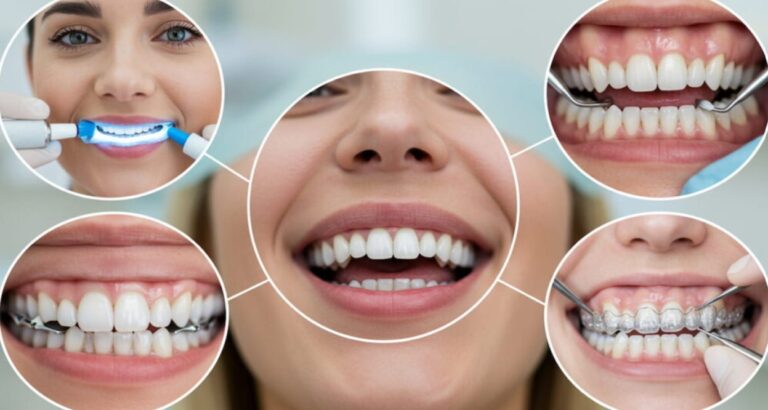
Maintaining good health through every stage of life is a goal for many people, and oral health is a critical piece of that puzzle. As you age, your body changes, and your dental needs evolve as well. A healthy smile is not just about appearance; it’s essential for proper nutrition, communication, and overall well-being. By understanding the specific challenges that can arise and adopting a proactive approach, you can keep your teeth and gums in excellent condition for years to come.
This guide will explore practical strategies for preserving your oral health, addressing common issues faced by older adults, and highlighting the importance of consistent care.
Understanding Age-Related Dental Changes
Just like other parts of your body, your mouth experiences natural changes over time. Years of chewing, grinding, and exposure to acids from foods and drinks can wear down enamel, the protective outer layer of your teeth. Gums may also recede, exposing the sensitive root surfaces and making them more susceptible to decay.
Certain medical conditions that become more common with age, and the medications used to treat them, can also have a direct impact on your oral health. One of the most prevalent side effects is dry mouth.
The Challenge of Dry Mouth
Saliva is your mouth’s natural defense mechanism. It neutralizes acids, washes away food particles, and helps prevent cavities. Many common medications, including those for high blood pressure, depression, and allergies, can reduce saliva production, leading to a condition known as dry mouth, or xerostomia. Without adequate saliva, the risk of tooth decay and gum disease increases significantly. Sipping water throughout the day, chewing sugar-free gum, and talking to your dentist about saliva substitutes can help manage this condition.
Essential Oral Hygiene Practices for Older Adults
A consistent and thorough daily care routine is the foundation of lifelong dental health. While the basic principles remain the same, you might need to adapt your techniques to address new challenges.
Brushing and Flossing with Care
Continue to brush your teeth at least twice a day with a fluoride toothpaste and a soft-bristled brush. If arthritis or limited dexterity makes holding a toothbrush difficult, consider using an electric toothbrush, which can do much of the work for you. Flossing daily is also crucial for removing plaque from between the teeth and below the gumline. Water flossers or interdental brushes can be effective alternatives if traditional flossing is challenging.
Pay Attention to Your Gums
Gum disease, or periodontal disease, is a leading cause of tooth loss in adults. It often begins as mild inflammation (gingivitis) but can progress to more serious infections that damage the soft tissue and bone supporting your teeth. Be aware of signs like red, swollen, or bleeding gums, and see your dentist if you notice any of these symptoms.
The Role of Professional Dental Care
Regular visits to the dentist are more important than ever as you get older. These appointments allow a professional to identify and address issues before they become severe.
Routine Check-ups and Cleanings
Aim to see your dentist for a check-up and cleaning at least twice a year, or as recommended. Professional cleanings remove hardened plaque (tartar) that you cannot get rid of with brushing alone. Your dentist will also screen for oral cancer, check for decay, and assess the health of your gums.
Also Read: Straight Talk: Why Misaligned Teeth Matter More Than You Think
Addressing Tooth Loss
If you do experience tooth loss, it is vital to explore replacement options to maintain jaw function and prevent surrounding teeth from shifting. Bridges, dentures, and dental implants are all viable solutions. Dental implants, for example, offer a permanent and stable foundation for replacement teeth. For those concerned about the cost, many dental practices offer flexible payment options, and exploring choices like dental implants financing in New Market, VA, can make treatment more accessible. By embracing a diligent home care routine and maintaining regular professional visits, you can navigate the changes that come with age. Protecting your teeth and gums allows you to continue enjoying your favorite foods, speaking with confidence, and smiling brightly for life.








